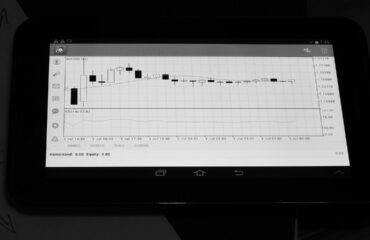On 19 November 2024, the Regulation of the European Parliament and of the Council on prohibiting products made with forced labour on the Union market and amending Directive (EU) 2019/1937 was adopted.
It introduces a number of requirements for entrepreneurs to eliminate products manufactured with the use of forced labour.
The regulation adopts the definition from Convention No. 29 of the International Labour Organization (ILO), which describes forced labor as any work performed under the threat of punishment, without the voluntary consent of a person. It may include practices such as:
- forced to work under physical or mental coercion;
- “working off debt”, i.e. work forced by financial manipulations;
- retention of employee identity documents;
- forcing excessive hours to work in degrading or dangerous conditions.
The new rules cover all products – both domestic and imported – regardless of the sector, region of origin or stage of production where forced labour was used. The ban applies to all stages of the supply chain, from the extraction of raw materials to the final manufacturing process.
Each entrepreneur will be obliged to implement appropriate procedures at individual stages of supply chains. According to the Regulation, entrepreneurs must:
- Monitor your supply chains – to identify the risk of forced labor.
- Implement due diligence procedures – in accordance with the guidelines.
- Prevent and eliminate violations.
- Report on activities – especially larger companies, covered by the requirements of the Sustainability Reporting Directive (CSRD).
One of the main obligations of entrepreneurs under the regulation is to implement the principles of due diligence.
According to the Regulation, this procedure allows for the identification and management of the risk of forced labour in supply chains. The European Commission is to issue due diligence guidelines for entrepreneurs under Article 11(a) of the Regulation.
At the same time, support is foreseen for SMEs – the European Commission will develop specific guidance tailored to their needs to facilitate the implementation of the new rules. Contact points in the Member States are also planned to offer support to SMEs on compliance with the Regulation.
Entities that do not comply with the requirements may face serious consequences, such as:
- a ban on placing products on the EU market;
- the obligation to withdraw products already available for sale;
- the obligation to recycle or destroy products.
In addition, refusing to cooperate with regulators or obstructing investigations can result in even tougher sanctions.
While implementation takes time, we encourage you to start analysing your supply chains today and putting the right compliance mechanisms in place.



